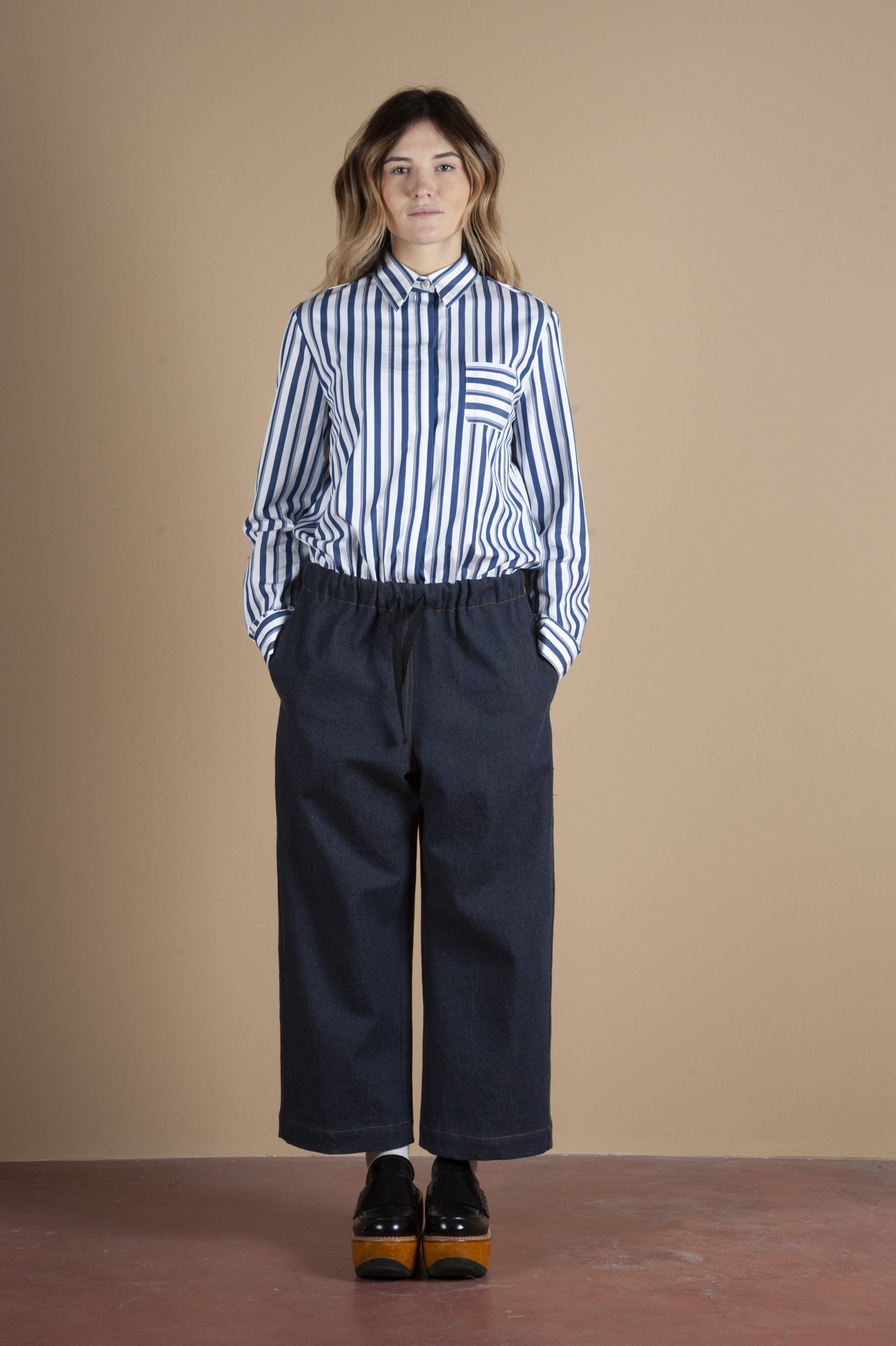Listen up, folks. If you've ever wondered how actors transform into their characters so convincingly, you're about to dive deep into the world of physique du role. This isn't just about costumes or makeup; it's about embodying a character physically, mentally, and emotionally. It's the secret sauce that makes performances unforgettable. So, buckle up, because we're about to break it down for you in a way that's easy to digest but packed with value.
Physique du role is more than just a phrase; it's a concept that defines how an actor's physicality aligns with the character they portray. It's the reason why certain actors are cast in specific roles and why others might not fit the bill, no matter how talented they are. But what exactly does it entail? How does it work? And why is it so crucial in the world of acting? Stick around, and we'll spill the tea.
Now, you might be thinking, "Why should I care about physique du role?" Well, whether you're an aspiring actor, a film enthusiast, or just someone curious about the magic behind the silver screen, understanding this concept will give you a whole new appreciation for the craft. So, without further ado, let's get into it, shall we?
Read also:Pizza Parlor Specials Your Ultimate Guide To Savoring The Best Deals
What Exactly is Physique du Role?
In simple terms, physique du role refers to an actor's suitability for a particular role based on their physical appearance. But it's not just about looks; it's about how an actor's physique enhances or detracts from their portrayal of a character. It's the reason why you wouldn't cast a petite actor as a hulking superhero or a towering giant as a delicate ballet dancer. It's all about authenticity and believability.
Physique du role is a crucial aspect of casting, and it goes beyond just height and weight. It includes factors like body language, posture, and even the way an actor moves. Think about it: when you watch a movie, you want to believe that the character is real, and physique du role plays a huge role in making that happen.
Why Physique du Role Matters in Casting
When casting directors are on the hunt for the perfect actor, they look for someone who not only has the talent but also the physicality to bring the character to life. It's not about discrimination; it's about finding the right fit for the role. After all, if an actor doesn't look the part, it can be a distraction for the audience and take away from the storytelling.
For example, when casting for a historical drama, directors often look for actors who resemble the real-life figures they're portraying. It's about creating an immersive experience for the audience, and physique du role is a key component of that. So, while talent is essential, physicality can make or break a performance.
Breaking Down the Components of Physique du Role
Now that we've established what physique du role is, let's break it down into its key components. There are several factors that contribute to an actor's suitability for a role, and understanding these can give you a deeper appreciation for the craft.
Physical Appearance
Let's start with the obvious one: physical appearance. This includes height, weight, body type, facial features, and even hair color. While some of these factors can be altered with makeup and costumes, others are inherent to the actor and play a significant role in casting decisions.
Read also:Curvy Bella Boutique Your Ultimate Destination For Stunning Curvy Fashion
For instance, if a role calls for a muscular superhero, casting directors are likely to look for actors who already have a physique that fits the bill. It's not just about aesthetics; it's about making the character believable and relatable to the audience.
Body Language and Movement
But physique du role isn't just about looks; it's also about how an actor moves and carries themselves. Body language is a powerful tool in acting, and it can convey a lot about a character's personality, emotions, and motivations. Think about how a shy character might slouch or avoid eye contact, while a confident character might stand tall and exude authority.
Movement is another crucial aspect of physique du role. Some roles require specific physical skills, such as dancing, fighting, or athletic prowess. Actors who can bring these skills to the table are often at an advantage when it comes to casting.
Posture and Stance
Posture and stance are often overlooked, but they can make a big difference in how a character is perceived. A strong, upright posture can convey confidence and authority, while a slouched posture might suggest vulnerability or weakness. It's all about creating a physical presence that matches the character's traits.
For example, in period dramas, actors often adopt a more formal posture to reflect the time period. It's these subtle details that can elevate a performance and make it truly memorable.
The Evolution of Physique du Role in Modern Cinema
As the film industry has evolved, so too has the concept of physique du role. In the early days of cinema, physical appearance was often the primary factor in casting decisions. But as audiences have become more sophisticated, directors have started to place greater emphasis on other aspects of an actor's suitability for a role.
The Rise of Character-Driven Casting
Today, casting directors are more likely to focus on an actor's ability to embody a character, rather than just their physical appearance. This shift has opened up opportunities for actors who might not fit the traditional mold but bring unique qualities to the role. It's all about finding the right balance between physicality and talent.
For example, in recent years, we've seen more diverse casting choices that reflect the real-world diversity of audiences. This not only makes for more authentic storytelling but also broadens the pool of talent available to directors.
The Impact of CGI and Special Effects
With the advent of CGI and special effects, the importance of physique du role has shifted somewhat. While physical appearance is still important, it's no longer the be-all and end-all of casting decisions. Directors can now use technology to enhance or alter an actor's appearance, allowing for more creative casting choices.
However, this doesn't mean that physique du role is irrelevant. In fact, it's still a crucial factor in many casting decisions, especially for roles that require a strong physical presence. It's all about finding the right balance between technology and traditional casting methods.
How Physique du Role Affects Acting Techniques
So, how does physique du role influence an actor's approach to a role? Well, it can affect everything from how they prepare for a role to how they deliver their performance. Let's take a look at some of the ways physique du role impacts acting techniques.
Physical Preparation
For roles that require a specific physique, actors often undergo rigorous physical training to achieve the desired look. This might involve weightlifting, cardio, or even martial arts training, depending on the demands of the role. It's all about creating a physical presence that matches the character's traits.
For example, when Chris Hemsworth was cast as Thor, he underwent an intense fitness regimen to bulk up and achieve the god-like physique required for the role. This kind of dedication is often necessary for roles that demand a specific physical appearance.
Emotional Preparation
But physique du role isn't just about the physical; it's also about the emotional. An actor's physicality can influence how they approach a character's emotions and motivations. For example, a tall, imposing actor might naturally exude confidence and authority, while a shorter, more diminutive actor might bring a sense of vulnerability to a role.
Understanding how their physicality affects their performance can help actors make more informed choices about how they portray a character. It's all about finding the right balance between physicality and emotion to create a believable and relatable character.
Challenges and Controversies Surrounding Physique du Role
While physique du role is an important aspect of casting, it's not without its challenges and controversies. Let's take a look at some of the issues that have arisen in recent years.
The Debate Over Body Positivity
One of the biggest controversies surrounding physique du role is the issue of body positivity. In recent years, there has been a growing movement to celebrate bodies of all shapes and sizes, and this has led to calls for more inclusive casting practices. While some argue that physique du role is necessary for authenticity, others believe that it perpetuates harmful stereotypes and limits opportunities for diverse actors.
It's a complex issue with no easy answers, but one thing is clear: the conversation is ongoing, and the industry is slowly evolving to become more inclusive.
The Pressure on Actors to Conform
Another challenge facing actors is the pressure to conform to certain physical standards. This can lead to unhealthy behaviors, such as extreme dieting or over-exercising, in order to achieve a desired physique. While some actors embrace the challenge, others struggle with the demands placed on them by the industry.
It's important for actors to prioritize their health and well-being, and for the industry to recognize the value of diverse body types in casting decisions. After all, a great performance should be judged on talent and skill, not just physical appearance.
Case Studies: Physique du Role in Action
To better understand how physique du role works in practice, let's take a look at some real-world examples from the world of film and television.
Case Study 1: Dwayne "The Rock" Johnson
Dwayne Johnson, aka The Rock, is a prime example of how physique du role can elevate a performance. With his towering height and muscular physique, he's the perfect fit for action hero roles. But it's not just his physical appearance that makes him a standout; it's his ability to bring charisma and charm to every role he plays.
From his days as a professional wrestler to his current status as one of Hollywood's biggest stars, The Rock has proven that physique du role is just one piece of the puzzle when it comes to creating a memorable performance.
Case Study 2: Viola Davis
Viola Davis is another actor who has defied traditional casting norms and proved that talent and skill can overcome physical limitations. While she doesn't fit the traditional mold of a leading lady, her powerful performances have earned her critical acclaim and a place among the industry's elite.
Her role in "Fences" is a perfect example of how an actor's physicality can enhance their performance. With her commanding presence and emotional depth, Davis brought a raw authenticity to the role that resonated with audiences and critics alike.
Tips for Aspiring Actors: Navigating Physique du Role
So, what can aspiring actors do to navigate the sometimes tricky world of physique du role? Here are a few tips to help you make the most of your physicality and talent.
- Embrace your unique qualities and use them to your advantage.
- Focus on building your skills and talent, rather than trying to conform to a specific physical ideal.
- Stay healthy and fit, but don't let the pressure to conform affect your well-being.
- Be open to diverse casting opportunities and don't be afraid to challenge traditional casting norms.
Conclusion: The Importance of Physique du Role
As we've seen, physique du role is a crucial aspect of casting that plays a significant role in the world of acting. While it's not the only factor in determining an actor's suitability for a role, it's an important piece of the puzzle that can make or break a performance. By understanding the nuances of physique du role, actors and audiences alike can gain a deeper appreciation for the craft of acting.
So, the next time you watch a movie or TV show, take a moment to appreciate the physicality of the actors and how it enhances their performances. And if you're an aspiring actor, remember that your unique qualities are what make you special. Embrace them, and let them shine through in your work.
Now, it's your turn. Have you ever thought about how physique du role affects casting decisions? Share your thoughts in the comments below, and don't forget to check out our other articles for more insights into the world of acting and entertainment.


